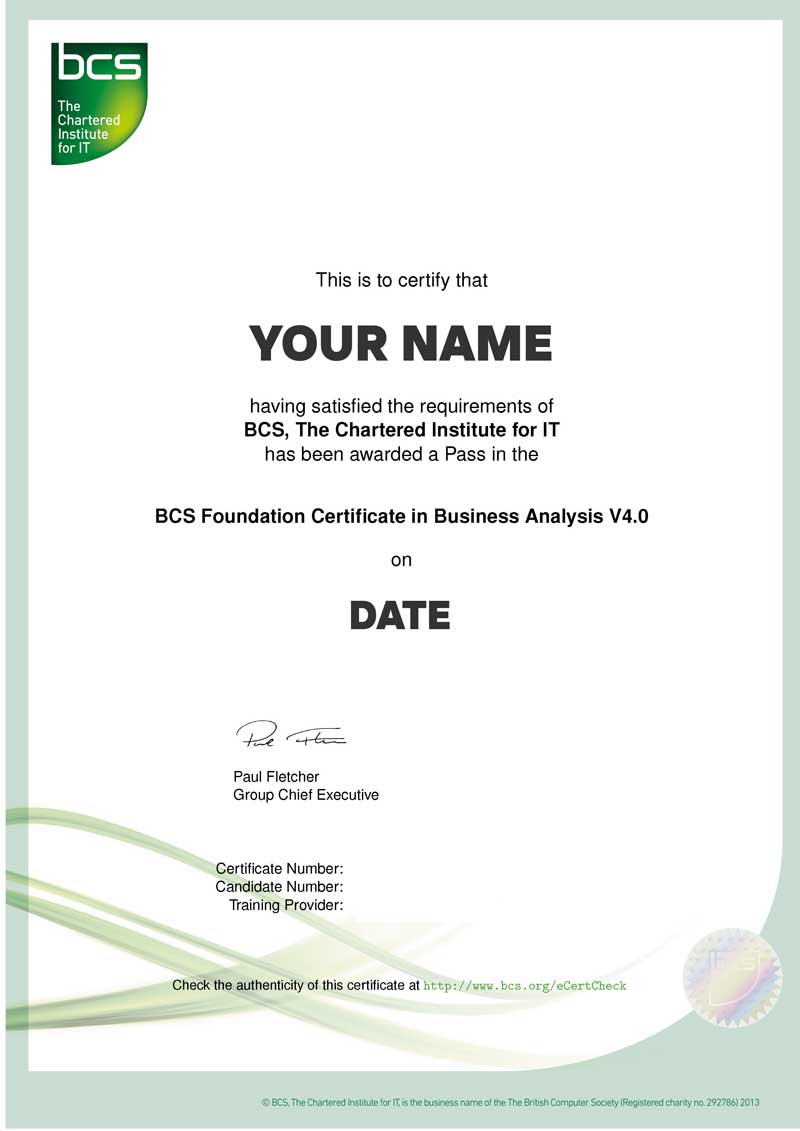If you're looking for a career with plenty of potential for growth, consider business analysis. But before you make the decision to pursue a career in business analysis, it's important to understand what the job entails and what skills are required. This article will explore the value of business analysts and what they bring to the workplace, and identify some of the key skills that are necessary for success in this field.
A business analyst is an invaluable asset to any company. They are responsible for researching and assessing a business’s processes, strategies, and procedures to identify areas where the organisation can become more efficient and profitable while also reducing costs. Business analysts bring a unique perspective to their company by analysing data and providing insights that help inform decision-making at all levels of the organisation. In this blog post, we will discuss the value of business analysts, why companies need them, and how they can contribute to the success of any organisation.
The Role of a Business Analyst
Business analysts serve as a bridge between technology, operations, and management within an organisation. They understand the complexities of each department's needs and functions to develop solutions that best meet them. It is their job to assess existing systems, recognise potential problems or opportunities for improvement, create detailed reports based on their findings, and provide recommendations for resolving issues or implementing changes. Additionally, they often work with stakeholders from all departments to ensure that proposed solutions align with organisational objectives.
At its core, business analysis is about problem-solving; it requires critical thinking skills such as data analysis and process mapping in order to identify areas of improvement within an organisation’s operations. By using additional industry standards such as Objectives & Key Results (OKRs) or Six Sigma methodology, business analysts have the ability to make even more informed decisions based on reliable data sources, which can lead to better results overall.
The value of a Business Analyst
Having an experienced business analyst on staff can provide many benefits for an organisation, including improved efficiency and cost savings. By taking the time to analyse current processes and propose changes or new systems based on their findings, companies can reduce redundancy or eliminate unnecessary steps from existing procedures, which will save both time and money eventually. Additionally, having someone who understands how different parts of a company interact with one another also helps streamline communication between departments, which further increases efficiency throughout operations.
Business Analyst Works
- To assess a business’s processes, strategies, and procedures to identify areas where the organisation can become more efficient and profitable while also reducing costs.
- To provide insights that help inform decision-making at all levels of the organisation.
- To understand the complexities of each department's needs and functions, to develop solutions that best meet them.
- To assess existing systems, recognise potential problems or opportunities for improvement, create detailed reports based on their findings, and provide recommendations for resolving issues or implementing changes.
- To have someone who understands how different parts of a company interact with one another to streamline communication between departments.
- For improved efficiency and cost savings.
BCS, the accrediting body for Business Analysis
The British Computer Society (BCS) is the UK's chartered professional body for computing and IT. Founded in 1957, it is a membership organisation that promotes the study and practice of computing and provides support services to its members. BCS has been at the forefront of advancing the use of technology in business, industry and society since its inception. As an accrediting body, BCS ensures that those who are certified by them meet certain standards of competence and professionalism.
In addition to certifications, BCS also runs a variety of continuing professional development programs which allow members to stay up-to-date with technologies, trends and developments in the world of IT. Through these programs, members can enhance their skillset while also keeping pace with changing technologies. BCS also organises conferences, seminars and workshops on topics ranging from artificial intelligence to data analytics throughout the year which offer great opportunities for professionals to learn new skills or share best practices with colleagues within their field
Overall, BCS is an important accrediting body for Business Analysis as it ensures that those who are certified by them meet certain standards of competence and professionalism. The various business analysis qualifications offered by BCS allows professionals to demonstrate their expertise in this field while also providing assurance that they have met established guidelines set by the organisation itself. Along with continuing professional development programs run by BCS, this provides an excellent platform for individuals looking to advance their career within Business Analysis.
Certification for a good business analyst start
The bcs foundation certificate in business analysis is an ideal first step for those looking to enter the world of business analysis. It provides comprehensive knowledge on core topics of business analysis, including requirements gathering and management, stakeholder engagement, and process improvement. This certification is widely respected in the industry and recognised globally, making it a great base from which to advance and develop one’s career. As a vendor-neutral certification, it does not require recertification, making it an attractive option for those looking to make long-term investments in their professional development.

Conclusion
Ultimately, having access to experienced professionals who specialise in analysing organisational processes gives companies a distinct advantage over competitors who lack these resources. The value of Business Analysts' insight into how organisations operate at all levels by examining existing systems and uncovering areas for improvement – ultimately leads an organisation towards delivering greater efficiency and increased profits over time! No matter what size your company may be or what industry you are in, investing in a business analyst could be one of the most important decisions you make – ensuring you stay ahead of the competition while continuing on your path towards success!


